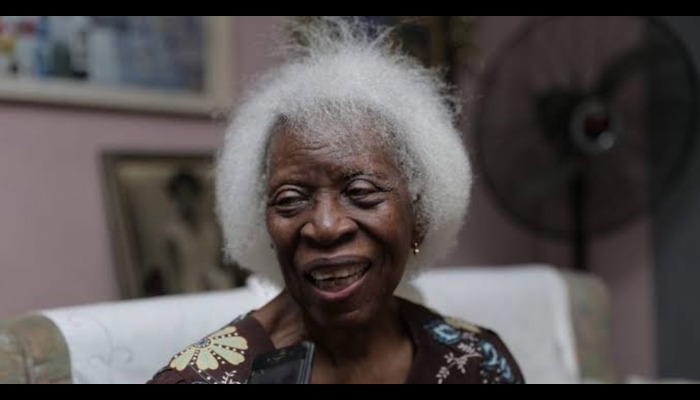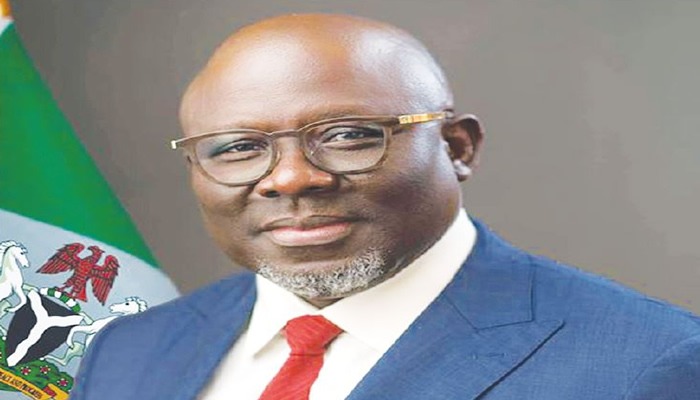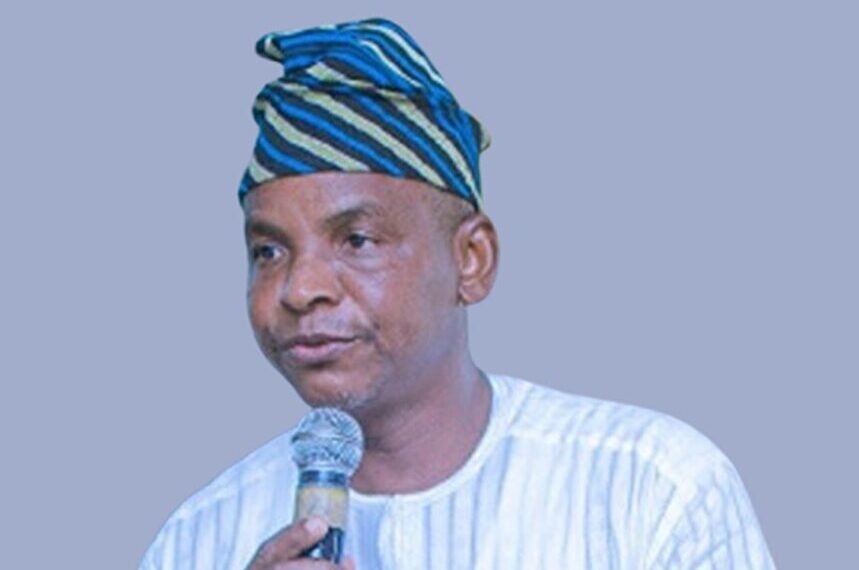Former Bayelsa State Governor Senator Seriake Dickson has emphasised the importance of education, saying it remains the best investment for human capital development and empowerment.
Dickson, who spoke in his country home in Toru-Orua, Sagbama Local Government Area of Bayelsa State while receiving the doctoral degree certificate from his younger brother, Moses Dickson, also said education is the most potent force to fight poverty and improve the lives of citizens.
The Bayelsa West lawmaker noted that as governor for eight years, he was very intentional with his policies on education, which revolutionised the sector.
According to him, because of the saying that “charity begins at home”, he has always encouraged his siblings to acquire quality education and has supported them in various ways which is why he is proud that his family from a humble background now has its first PhD holder.
He said: “Today, I am very excited that my younger brother, who is like my first son, Dr. Moses Oruaze Dickson has officially presented his PhD. degree to me. It is not only historic but very emotional for me.
“Like others, I have always supported and encouraged him to reach for the skies in his educational pursuit. Education is key to human capacity development. It is the driving force of any society desirous of development, and I have never pretended about my love for education even after leaving the office as governor.
“I congratulate you on behalf of our family. While this event may look ordinary to most people, it is significant for two reasons: firstly, he is the first PhD. holder in our family, and secondly, for me, it is fulfilling because he, like a son, has done what his father would have loved to do but could not. So, in a way, he has done it on my behalf,” he added.
Senator Dickson, who is the founder of Hensard University, Toru-Orua, a private university, also urged his younger brother to continue to break more grounds, achieve more feats, assuring him of his support.
“Let me remind you again what I have always told you for years, that you should go to the depth of the sea and fish; you should learn to fish in deep waters and not to be fishing with the crowd in shallow waters looking for small fishes and crayfish. With this PhD, you should go out to the world and conquer the field of academics and legal practice. I expect you to use this as a stepping stone to become a professor in no distant time or a Senior Advocate of Nigeria (SAN), both of which you are capable of.”
Responding, the younger Dickson said he completed his PhD programme last year at the University of Bradford in the United Kingdom but decided not to make it public until he got the opportunity to present the certificate to his brother.
He explained that he felt it was the right thing to do because as a father figure to him, his brother stood by him right from his first degree in law at the Niger Delta University up to him obtaining three masters degrees and a PhD now.










